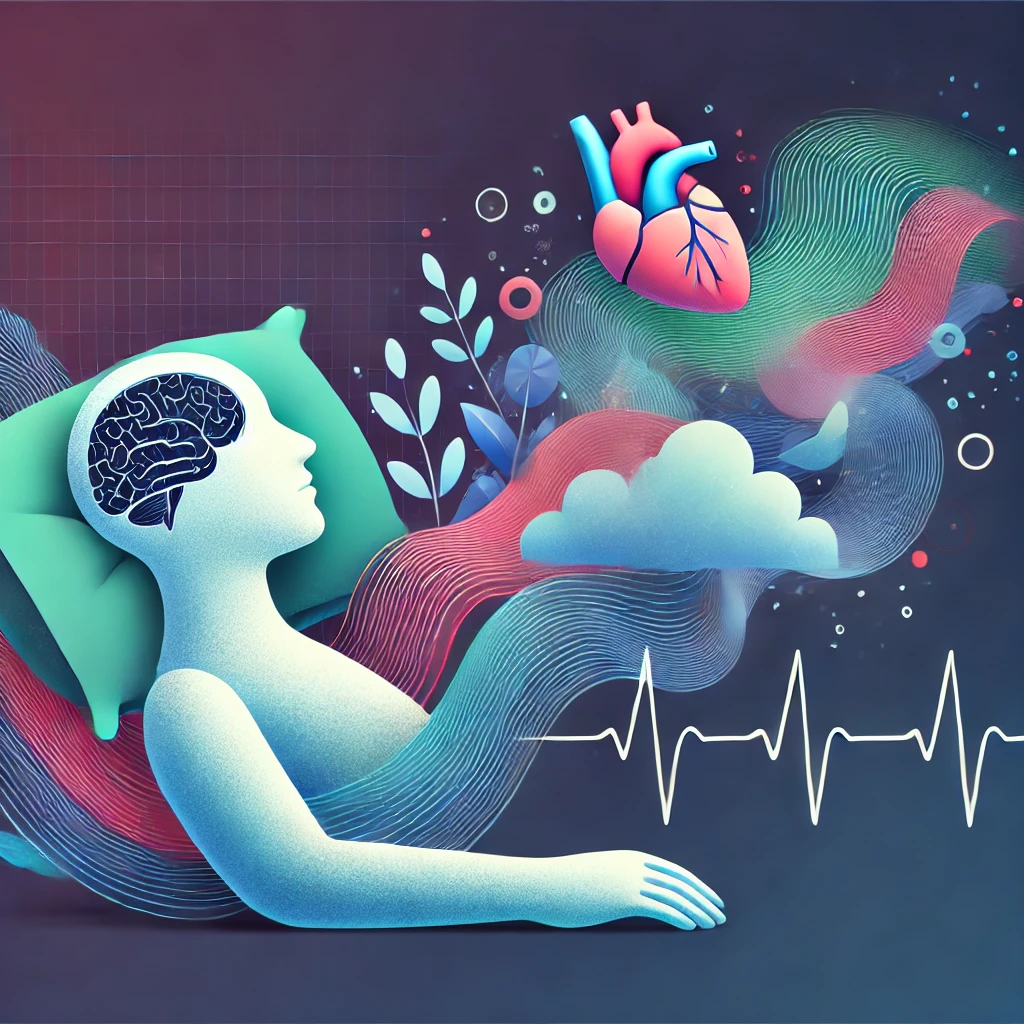Dreaming is an intriguing process, and while we often focus on the stories our minds create, there's much happening in the brain and body during this time. Below are some fascinating facts about what occurs while you're dreaming.
The Brain Stays Active
While you dream, your brain is as active as it is when you’re awake. During dreaming, physiological changes occur such as rapid, irregular, or shallow breathing, an increase in heart rate, and a rise in blood pressure. Your brain continues working hard, just in a different way.
Your Muscles Freeze
It’s not widely known, but when you dream, the large muscles in your body, like those in your arms and legs, enter a temporary state of paralysis. This immobilization prevents you from physically acting out your dreams, which is a natural protective mechanism.
The Dreaming and Waking States Can Overlap
Although waking and dreaming are separate states of awareness, their boundaries sometimes blur. If you wake up suddenly at the end of an intense or scary dream, you might still feel partly lodged in the dream while being partially awake. This overlap can cause sleep paralysis, where you’re unable to move for a brief period. This is normal and the paralysis fades as you fully awaken.
You Do Not Sleepwalk While Dreaming
A common myth is that people sleepwalk because they are acting out their dreams. This is not true. Since your muscles are paralyzed during REM (dreaming) sleep, you cannot physically act out your dreams. Sleepwalking occurs during the deepest phase of non-REM sleep, stage three, and not during dreaming.
The Bounce-Back Effect
If you miss or reduce your “dream time” due to lack of sleep, your body compensates by giving you extra dreaming time the next time you sleep. This bounce-back effect shows the physiological importance of dreaming, as your brain ensures that the missed dream time is restored to maintain its balance.
[1]
